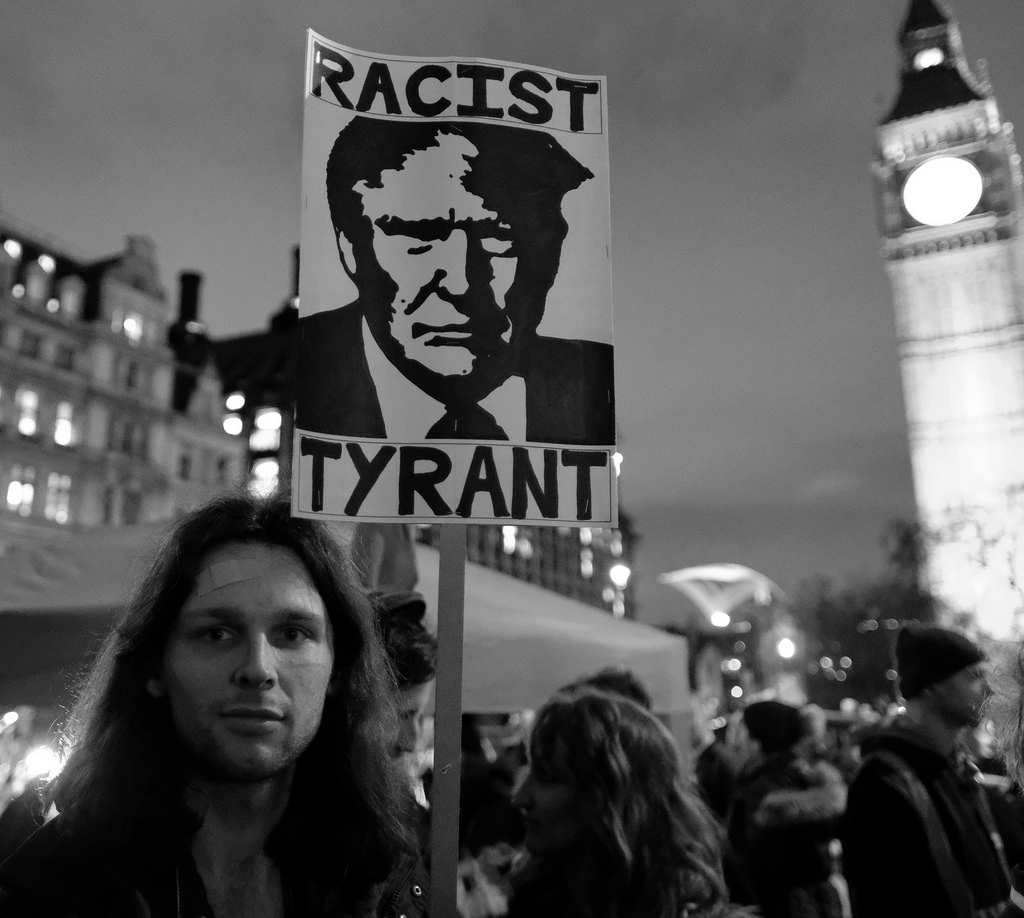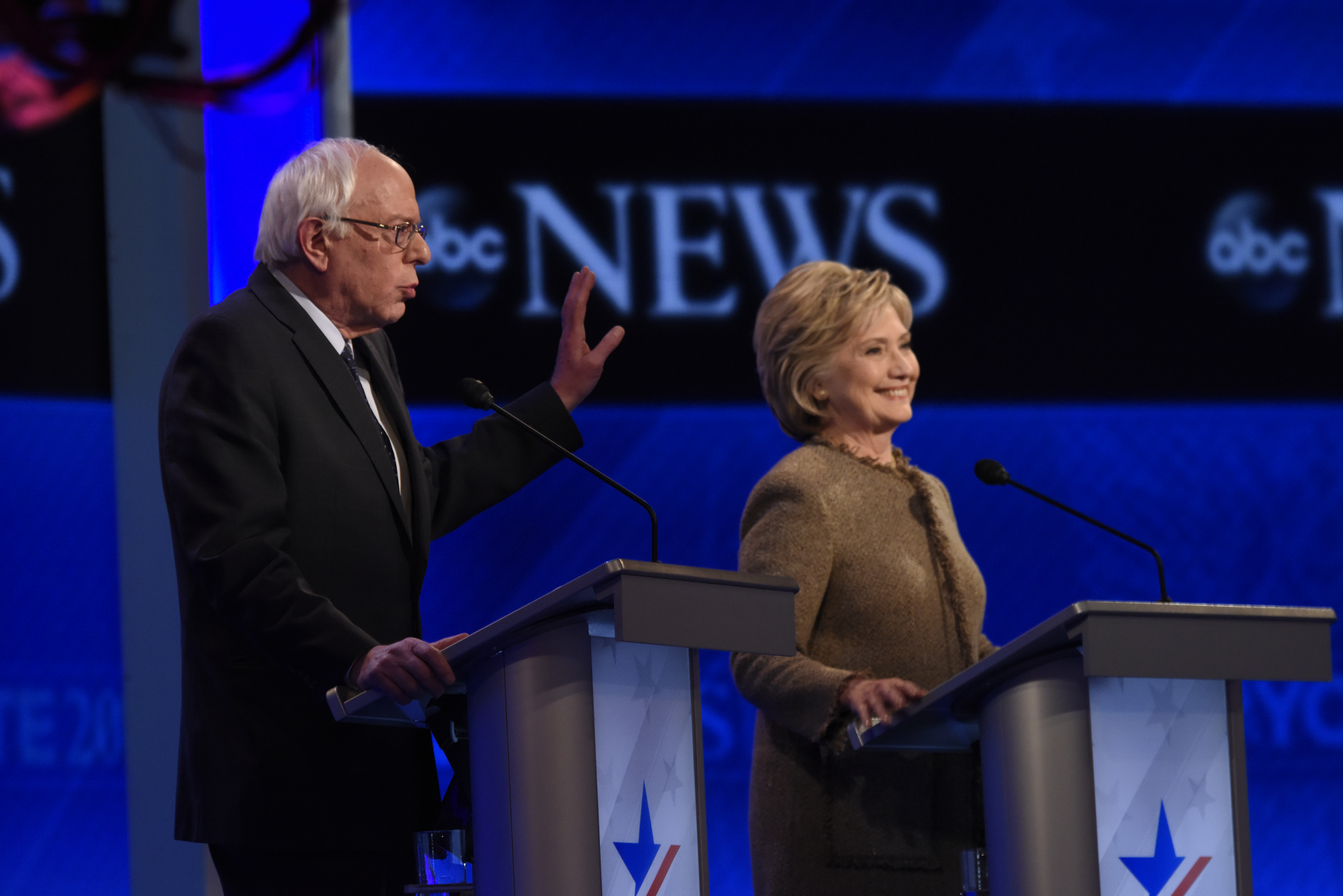
After logging onto Twitter for the first time in over two weeks, I was shocked to see the announcement that California senator Kamala Harris is dropping out of the presidential race. Per usual, Twitter is a war zone of tweets both gloating and despairing over her campaign ending after such a promising start, debating what went wrong, and what this means for the race going forward. Senator Harris had already qualified for the December debate, the only candidate of color to do so. Which means that on December 19 the presidential debate stage will likely be all-white—a disturbing image in 2019 for a party where black women are the backbone, and because if whoever comes out of the primary is to win the presidency, he or she will need massive turnout from non-white voters.
What is shocking about her campaign’s collapse is that she was a top-tier candidate almost from the moment she began, until a few weeks ago. I myself was curious how she would perform in the early primaries and caucuses. Now we’ll never know. On pure imagery, a black-South Asian woman who won multiple statewide elections in the nation’s most populous state suspending her campaign, while multiple white men with far less support or qualifications stay in feels wrong. Then you remember (if you watch mainstream news media coverage of the Democratic primary, I don’t) that Vice President Joe Biden receives more mentions and positive coverage in the news media, even compared to Senators Elizabeth Warren and Bernie Sanders. The image is more unsettling when you look at Senator Harris’ campaign’s struggling finances and then remember that billionaire Mike Bloomberg entered the race not two weeks ago and has overspent nearly every other candidate in the race for the Democratic nomination save one, fellow billionaire Tom Steyer. Senator Harris has not spent money on TV ads since September and she blames the end of her campaign on the lack of funds.
Until the final weeks, Senator Harris, perhaps misguidedly concentrated on getting to Super Tuesday in March 2020 by winning South Carolina, only to discover that voters there, mostly African American, gravitate towards Biden. By contrast, Mike Bloomberg will not be on the primary ballots for New Hampshire, Nevada or South Carolina, nor will he participate in the Iowa caucus. From his ad spending, he’s focusing on California, Texas and New York, states with the largest amounts of delegates. Polls would indicate this is working—he either matches or is just above Senator Harris’ level of support as of last week. Suddenly her departure from the presidential race looks less like a campaign that ran its course, and more like a casualty of a political system designed to benefit white, wealthy, centrist men, at a time when the Democratic electorate leans toward the black/brown and female, and when the country needs drastic change away from the center.
Senator Harris was under an intense amount of scrutiny compared to other candidates simply for being a woman of color. As has happened with Meghan Markle, now the Duchess of Sussex, black women know all too well that we are held to a racial double standard by the white mainstream. A standard that former Housing Secretary and presidential candidate Julian Castro called the media out for, when asked about Senator Harris’ departure. He said the media held her to “a different standard, a double standard…” that was “grossly unfair.” On the other hand, Senator Harris’s connection to the black community was questioned constantly, perhaps to overcompensate for what in hindsight, many black voters wished they did with former president Barack Obama, a topic worthy of its own discussion. Black voters did not flock to Senator Harris, just like we haven’t flocked to Senator Cory Booker, nor former Massachusetts governor Deval Patrick simply because they’re black. Older black voters prefer Biden because they think he can get enough white voters to switch back to the Democrats to remove Mr. Trump; and younger black voters want a candidate who will directly challenge and change the system at a basic level.
Senator Harris also dealt with internal issues. Her campaign was torn between two factions—one led by her sister Maya Harris and the other by the campaign manager for her 2016 Senate campaign, Mr. Rodriguez. Aides and advisors struggled to see where her presidential campaign was going. Winning a statewide election in California is different from winning a nationwide general election, and the infighting in Senator Harris’ campaign closed her off to experienced advisors and consultants who could’ve helped her develop a coherent message and platform. She struggled on the critical issue of health care, despite co-sponsoring Senator Sanders’ Medicare-For-All bill in 2017 then backtracked this past summer, and she failed in addressing her record as a prosecutor. She rebuffed questions and criticisms about her record as District Attorney and state Attorney General rather than address them. A catastrophic mistake at a time when activists and young voters demand candidates address racism in the criminal justice system.
As a young black voter who hails from her hometown of Oakland, who met her as a college student when she was District Attorney of San Francisco county, I found myself less than enthused about her policies. The prospect of a black woman being President of the United States is a powerful one, but not enough for me to ignore other, yes, white candidates with strong policies directly addressing the issues that affect my life—climate change, health care, student loan debt, racial inequality and others. And that’s just on domestic issues. Her foreign policy, in particular on the Israeli-Palestinian conflict, her lack of support for the Palestinians, at a time when Democrats, especially young Democrats are more critical of the state of Israel was going to be a liability for her and given her financial ties to AIPAC, any hope that she would re-evaluate her stance was misplaced.
Senator Harris could never figure out whether she was grassroots or establishment, she could never find a consistent political message, except when talking about Mr. Trump, how dangerous he is in the White House and for democracy. This is where she shines—as a prosecutor. One of my favorite moments of her in the US Senate is questioning Attorney General William Barr, with Senator Booker sitting right beside her, giving AG Barr looks that expressed the contempt many Americans feel about his actions. I’ve believed for months that she would make an excellent attorney general in a Democratic presidential administration—or continuing to serve as U.S. Senator for California. Others say she should be considered as a running mate for whoever becomes the nominee.
Senator Harris’ policies didn’t excite me but neither do those of Joe Biden, Senator Amy Klobouchar, Mayor Pete Buttigieg and the other white men running that I’ve lost track of. That is why Senator Harris ending her campaign so soon is disheartening. But it’s what this country was founded on. American politics, governance, media, the economy, our socialization is designed to give mediocre white men (and some white women too) more faith and credence than a black or brown woman with qualifications, simply for being white. It’s the reason Biden commands so much support from older black voters. And it says something about who we are as a nation; if we are really ready to progress and make changes to create a better future.
The silver lining is that replacing Mr. Trump with a Democratic president is only the first step in doing that and reversing the damage he’s caused. It’s far from a one-person show, there is plenty of room for others. I personally would love to watch Senator Harris as Attorney General completely destroy Mr. Trump and his administration in court.



 Our structures have remained in tact, and unchanged. Our politicians claim that a testament to our exceptionalist strength and morality. It also feeds a refusal to change even when the times necessitate it. And it is that inflexibility, the resistance to transformation, that is causing our problems now. No country is perfect or has a perfect history. But the United States has been a world power for much of its history. Like much of the West, it has come at the expense of others. However unlike western nations like France, Spain or even Russia it has not had a moment of transformation. We have not had a Revolution of 1789 or a Civil War of 1936 or a Revolution of 1917. We have not had a moment of truth where we can no longer ignore the reality about being American that is staring us right in the face. The truth that this is a nation founded on white supremacy and economic inequality, and it has not changed. Social mobility is not as present as we are socialized to believe. If we are born in poverty, chances are we will die in poverty. Chances of success for African-Americans, Latinos, Asians and Native Americans are hindered by racial and cultural biases that restrict us to peripheral roles in American life.
Our structures have remained in tact, and unchanged. Our politicians claim that a testament to our exceptionalist strength and morality. It also feeds a refusal to change even when the times necessitate it. And it is that inflexibility, the resistance to transformation, that is causing our problems now. No country is perfect or has a perfect history. But the United States has been a world power for much of its history. Like much of the West, it has come at the expense of others. However unlike western nations like France, Spain or even Russia it has not had a moment of transformation. We have not had a Revolution of 1789 or a Civil War of 1936 or a Revolution of 1917. We have not had a moment of truth where we can no longer ignore the reality about being American that is staring us right in the face. The truth that this is a nation founded on white supremacy and economic inequality, and it has not changed. Social mobility is not as present as we are socialized to believe. If we are born in poverty, chances are we will die in poverty. Chances of success for African-Americans, Latinos, Asians and Native Americans are hindered by racial and cultural biases that restrict us to peripheral roles in American life.
